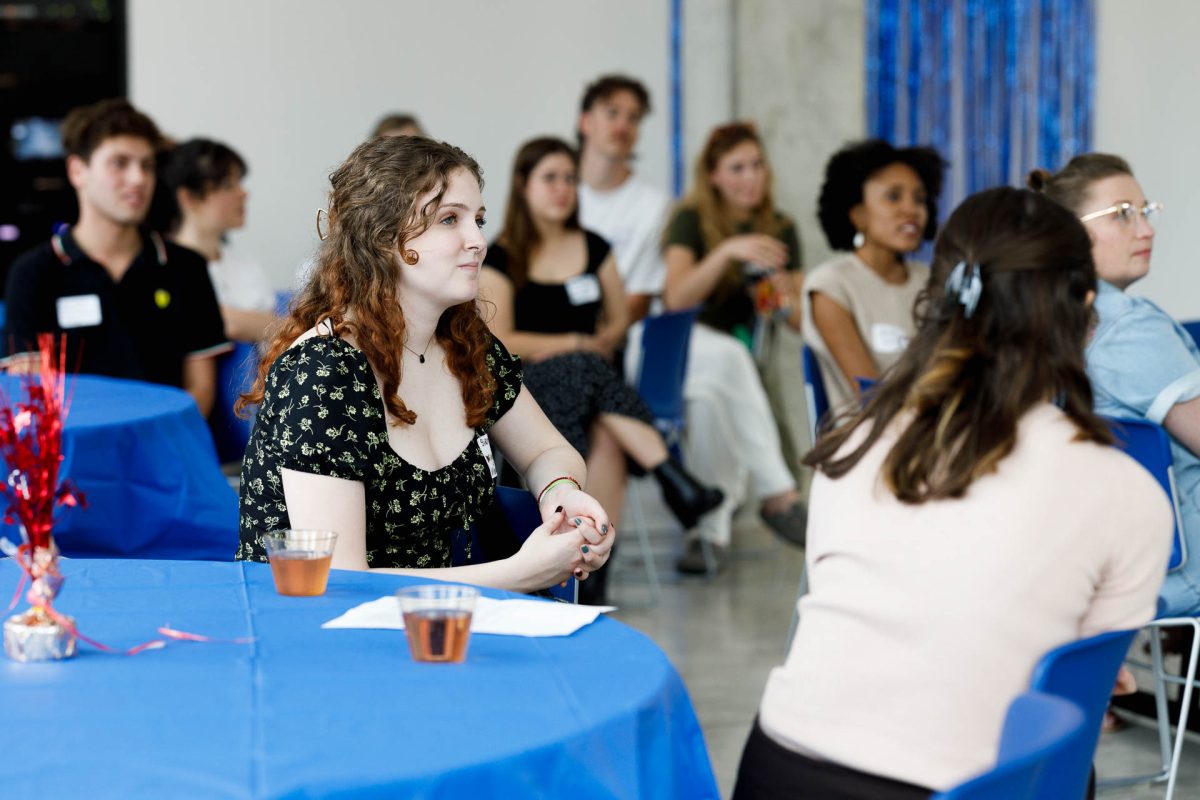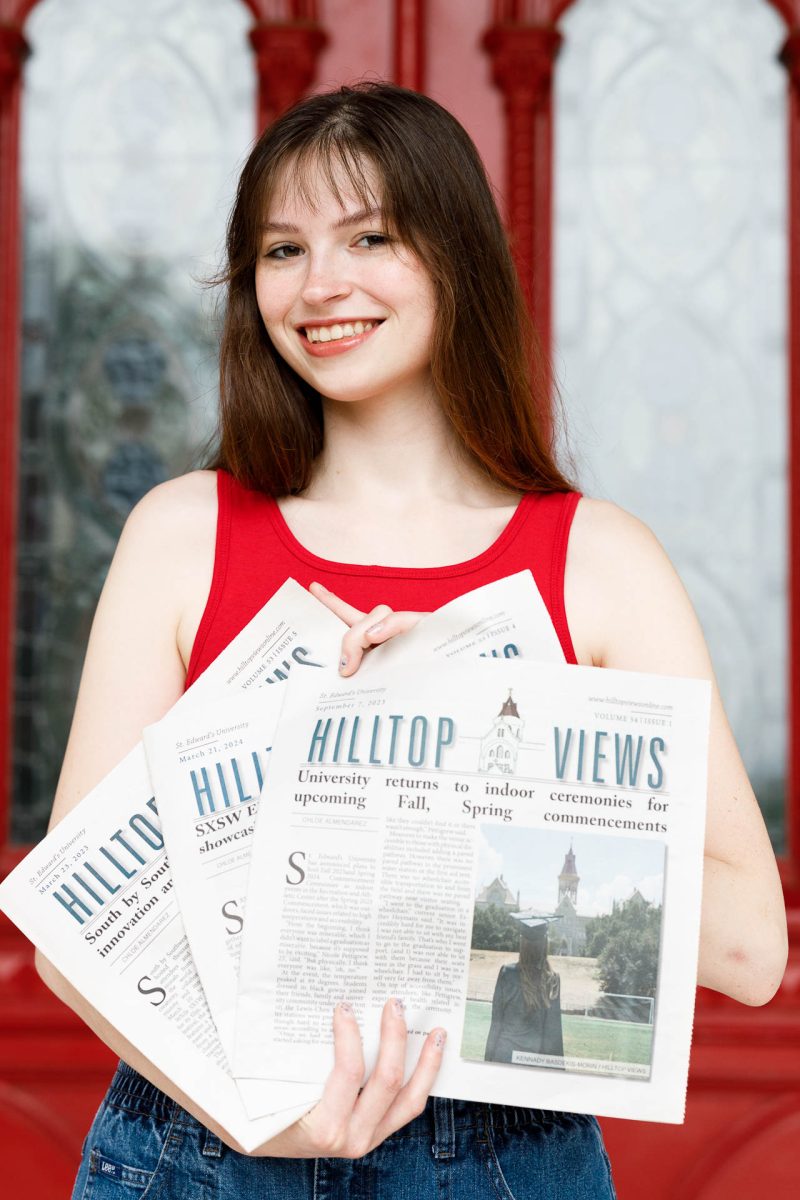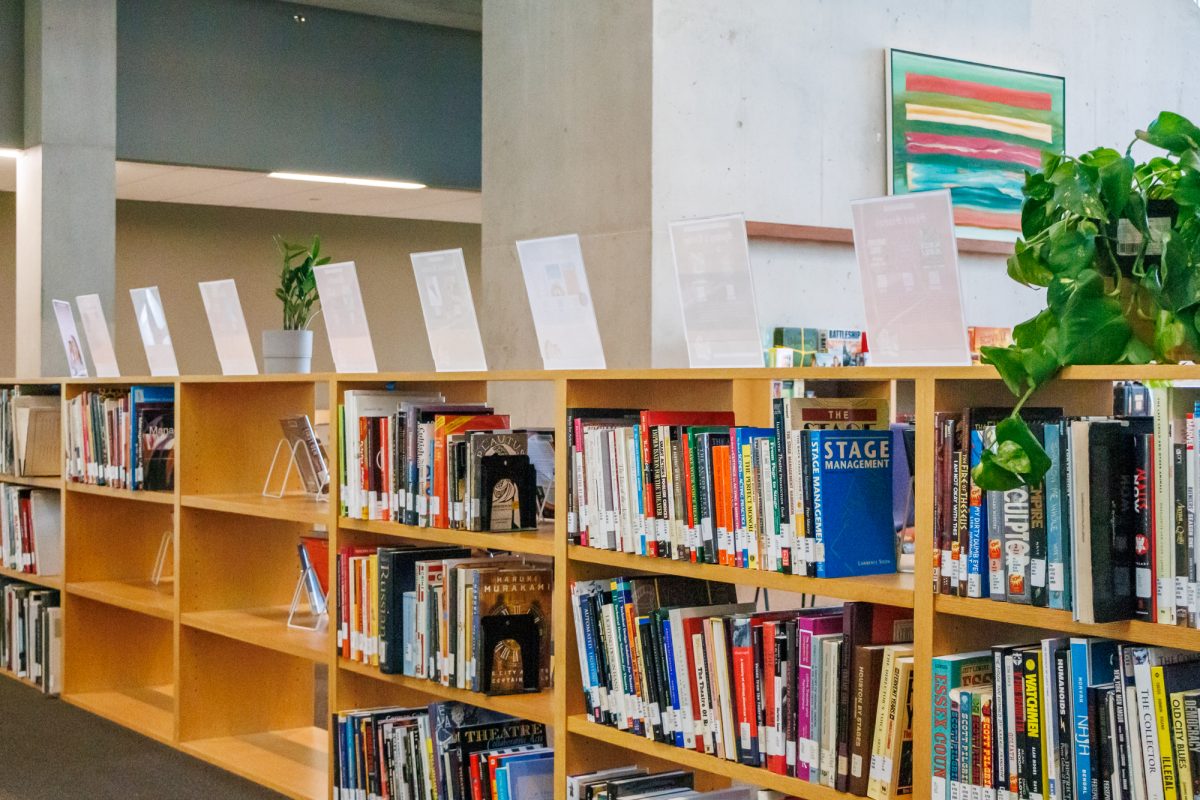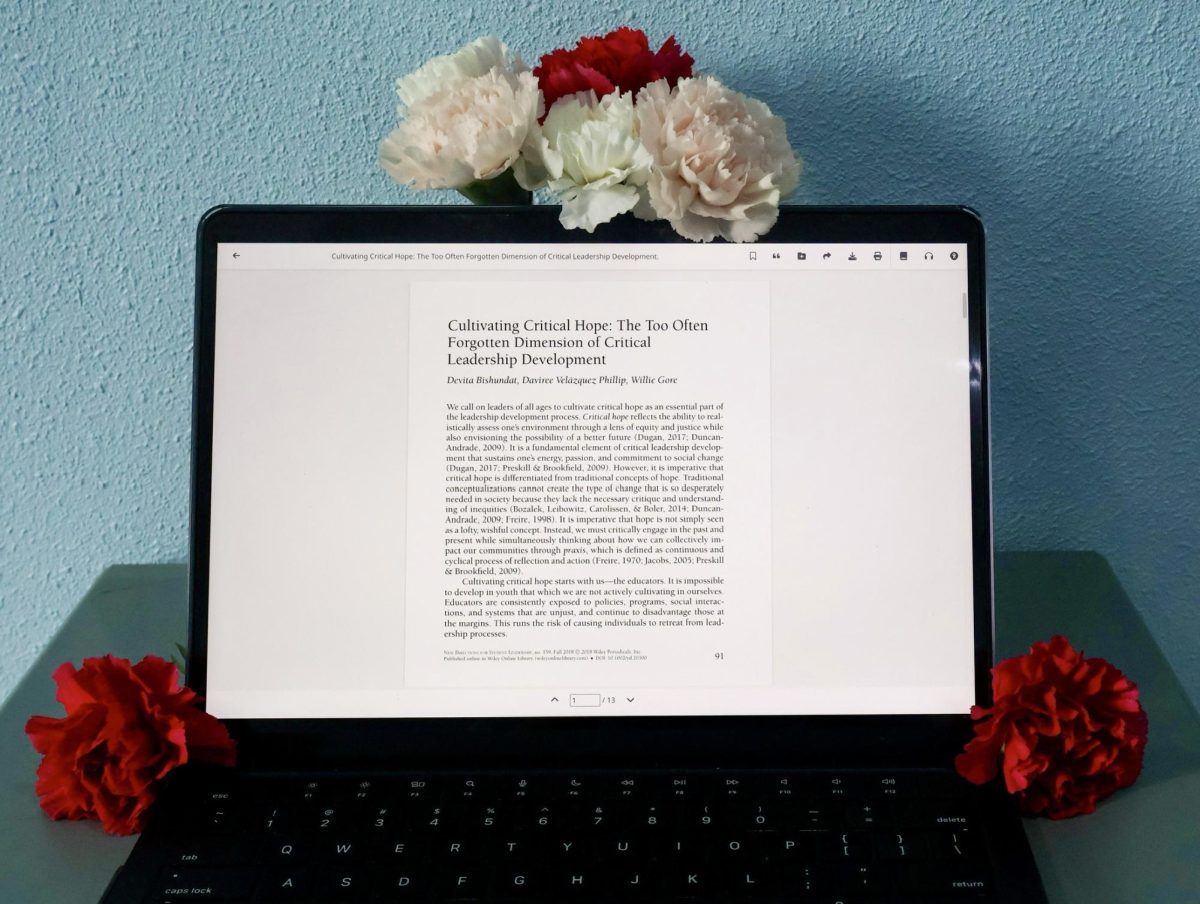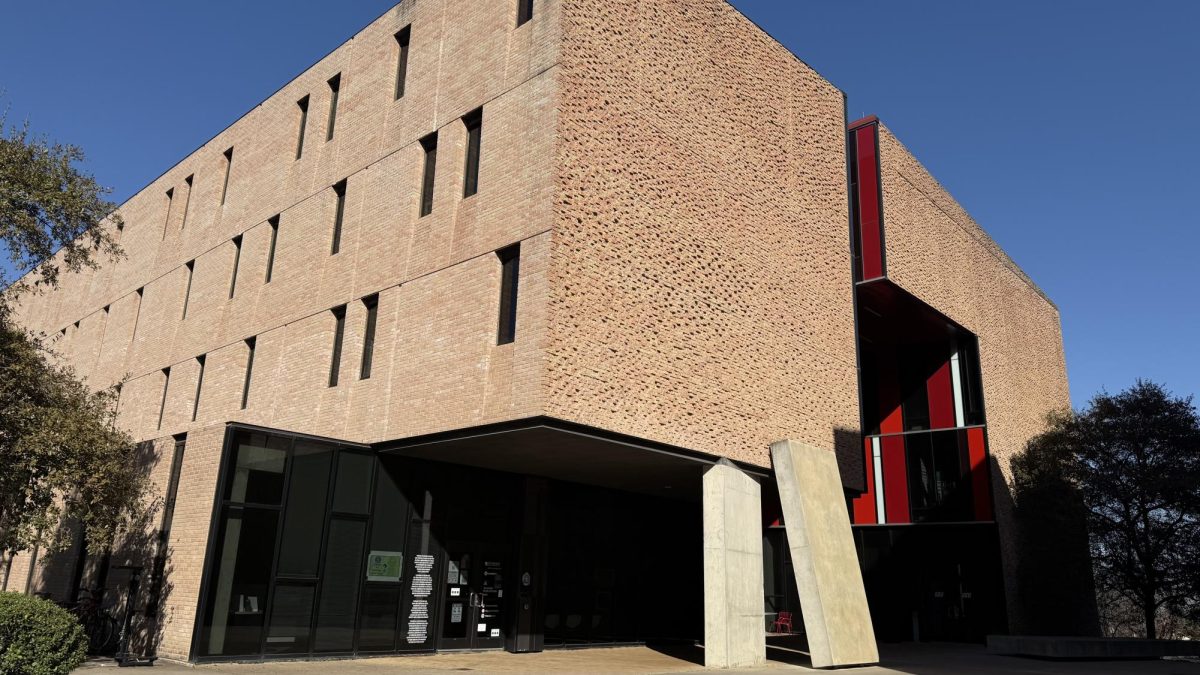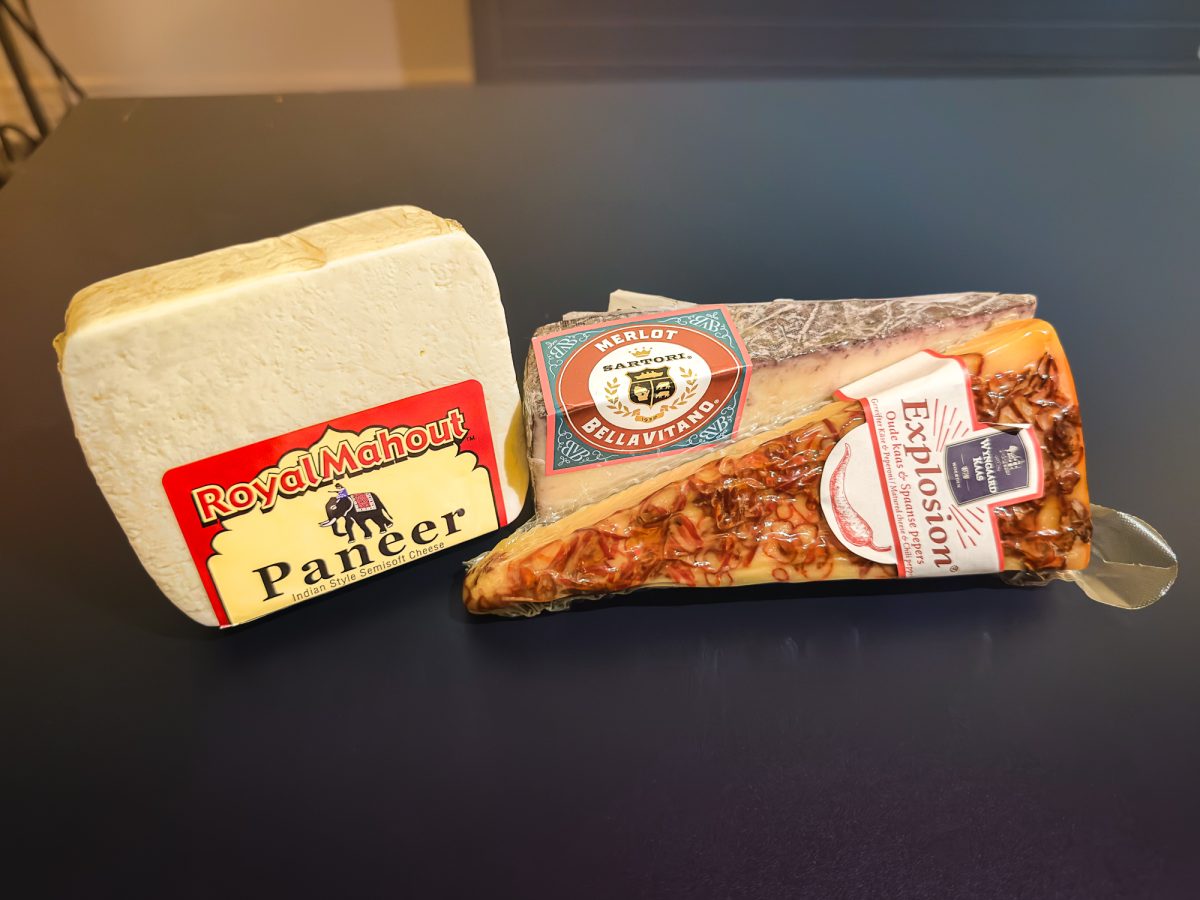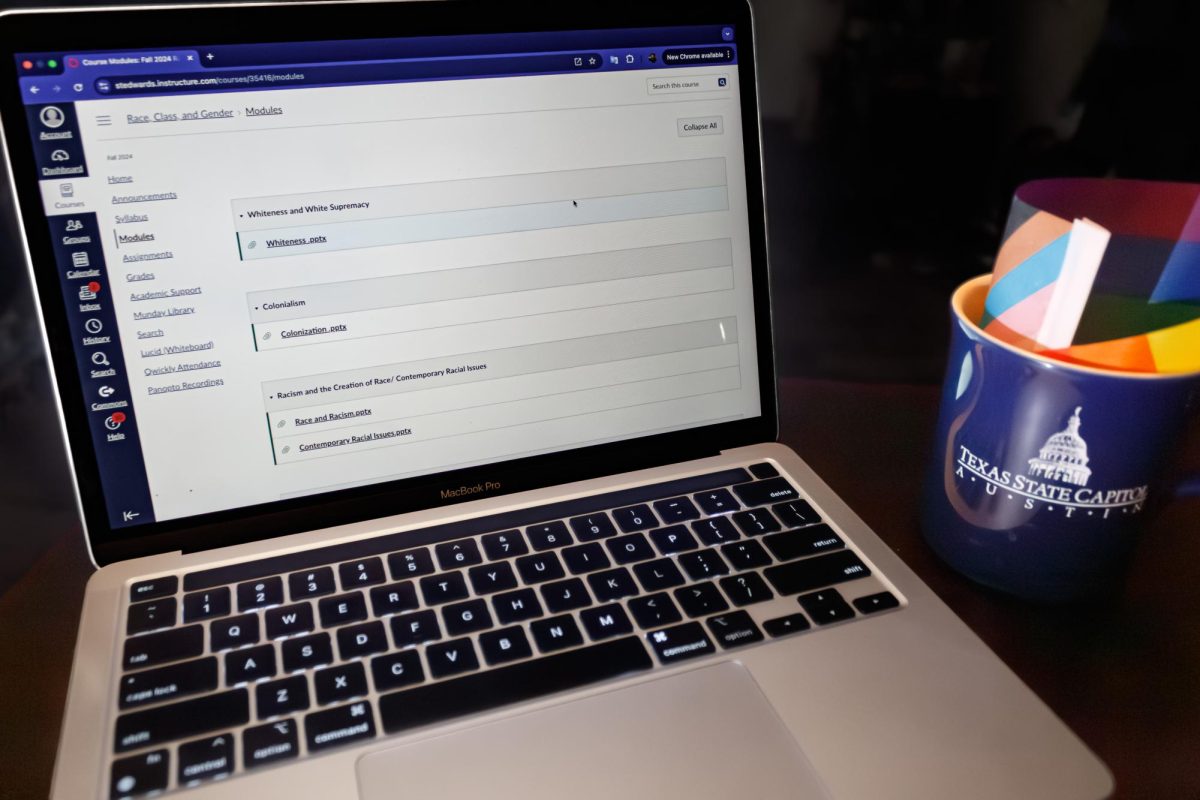Generative artificial intelligence has the ability to create multiple forms of media, many at a blistering pace. With a simple prompt, human users of these generative AIs can create anything from images to essays. But some applications of generative AI may be more detrimental than helpful.
Since the dawn of generative AI in the early 2020s, it has spread far and wide across the internet, taking on a variety of forms — from chatbots, such as ChatGPT, to image generators like Midjourney. Due to its versatility, generative AI has spread into many industries, including software development, finance and fashion. As futuristic as generative AI is, this integration is not top secret, exclusive to the world’s elite. A large number of generative AIs are free to access and use, leading to a wide variety of people utilizing this revolutionary technology. These users may be business professionals, students or even grandma getting lost on Google.
The business world is always looking to evolve and find more efficient ways to complete tasks. The rise of generative AI has given businesses a new way to optimize. Some industries have felt this impact more than others, with upwards of 70% of video game illustrator jobs in China being lost to generative AI. The phenomenon of generative AI supplanting traditional human roles in the workplace was thrust into the spotlight with the SAG-AFTRA strikes that rocked Hollywood this summer.
The chief negotiator of SAG-AFTRA, Duncan Crabtree-Ireland, said the following in an interview with NBC regarding how AI may be used to scan and use the likeness of actors in other projects: “They proposed that our background performers should be able to be scanned, get paid for one day’s pay, and their company should own that scan, their image, their likeness, and should be able to use it for the rest of eternity in any project they want, with no consent and no compensation.”
Overall, it is students who have taken full advantage of generative AI, utilizing these tools to complete assignments and projects. Unfortunately for the students, educational institutions have been very quick to address this application of generative AI. A large number of institutions and educators have developed comprehensive AI policies, with many limiting its use or even banning the use of generative AI altogether.
The Office of Educational Technology, a part of the United States Department of Education, communicates via its website the importance of action on the part of educators in its report on AI: “Everyone in education has a responsibility to harness the good to serve educational priorities while also protecting against the dangers that may arise as a result of AI being integrated in educational technology.”
Without a doubt, generative AI will continue to have a notable impact on modern society, present and future. Its ability to take a small cookie of information and generate massive amounts of media in response in short periods of time is unparalleled. However, it is clear that many are wary of this new presence, with some institutions and individuals resisting the onset of generative AI. We now wield a very powerful tool that is only in its infancy with sky-high potential. Anyone can give an AI a cookie, but should we?
My answer is a tentative yes.
Generative AI is a very powerful technology, one that is beginning to take over roles and tasks, resulting in job loss and industries eagerly adopting generative AI in a search for maximum efficiency. But generative AI has its biggest weakness in its name: generative. Yes, these AIs can formulate beautiful images or large essays, but they remain bound by logic. Their generation algorithms make their creations discernable and even uncanny compared to those of a human.
As new technology rises, so will new jobs and opportunities that were science fiction mere years ago. By combining the AIs advantages and a human’s ability to innovate we might reach a new level of creativity and innovation that remains unforeseen. We must find a balance between man and the machine — but we won’t discover that balance without a few cookies, now will we?





